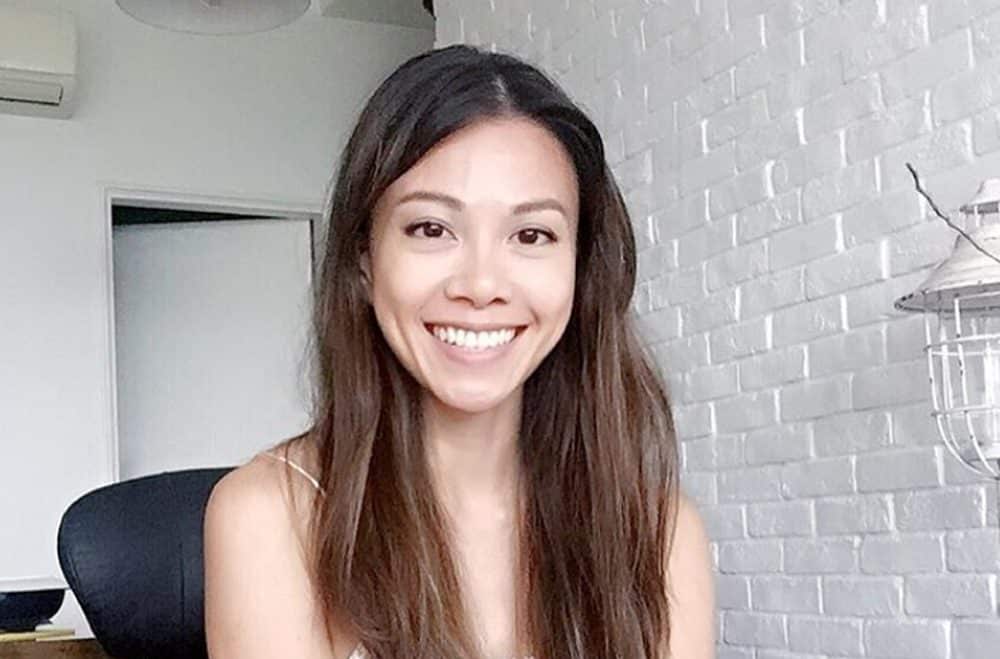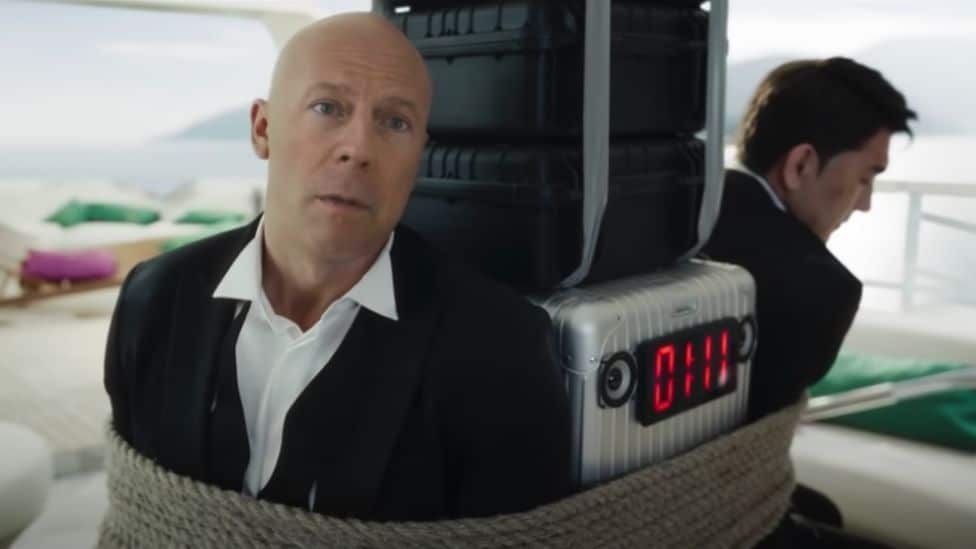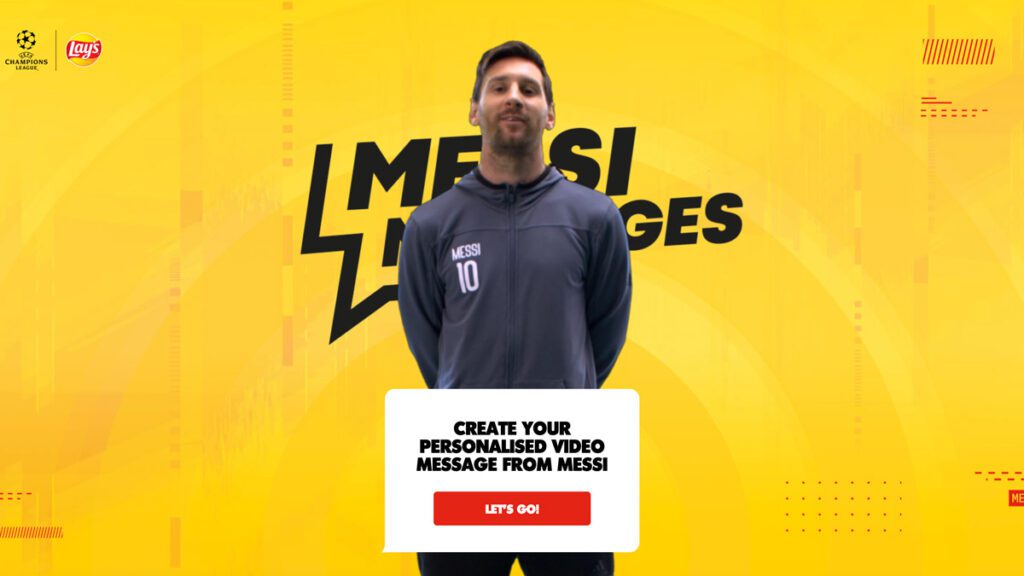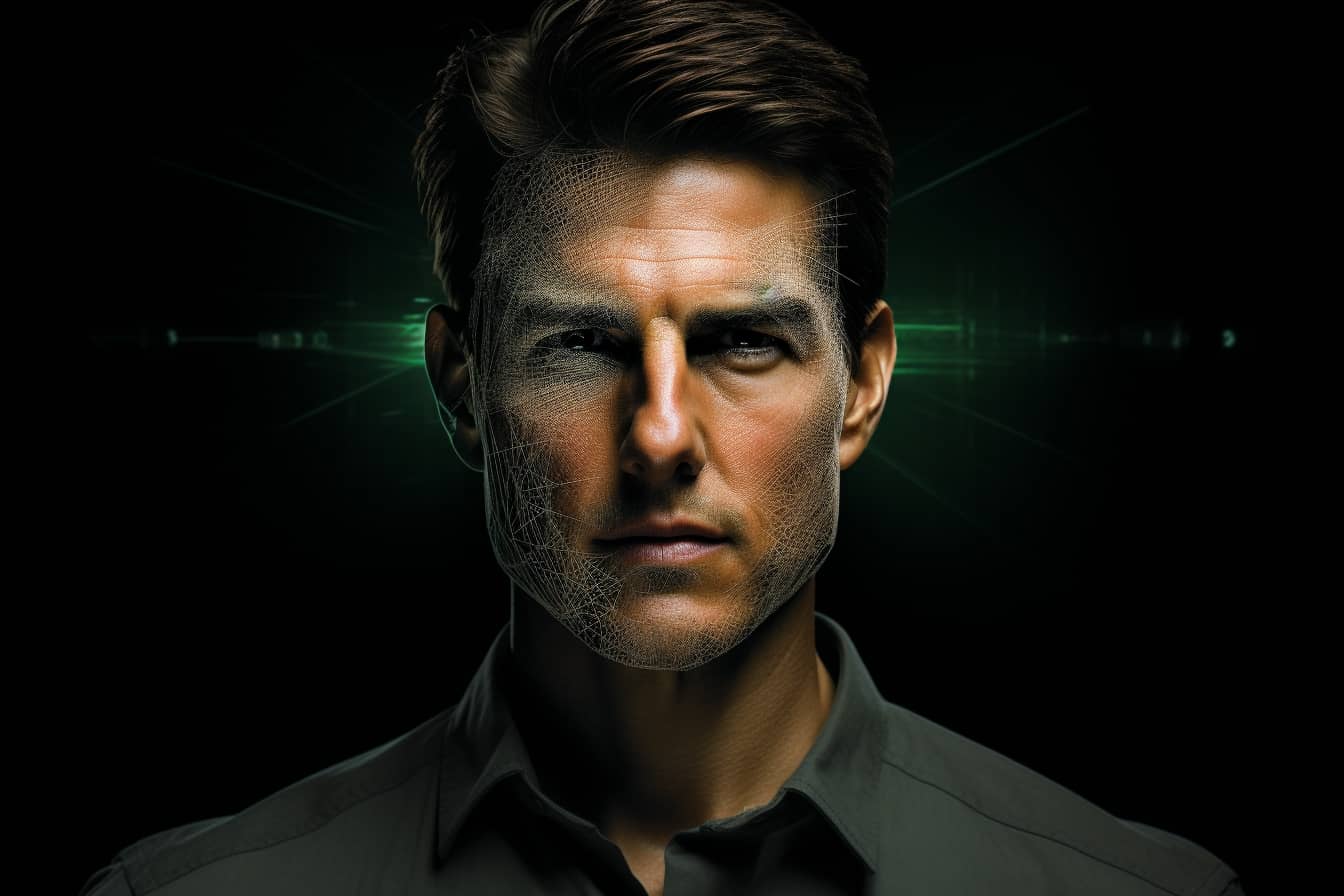Ah, the deepfake. That technology that makes you say: "Well, wasn't that really her in the video?". We have been following the trend for a long time and the latest “purchase” is Jamie Yeo. Actress, model and former radio DJ from Singapore, Jamie decided to ride the wave and closed a (profitable) deal to be virtually cloned.
It doesn't remind you of the episode of the latest Black Mirror with Salma Hayek (I won't spoil it for you)? In Charlie Brooker's new series, the Mexican actress plays a fictional version of herself, after selling her image to a production company. And things don't go exactly as planned. Well, but that's fiction, right? RIGHT?

Clone to believe
It was said about Jamie Yeo. The actress has just signed a deal with Hugosave, a financial technology company. What is it about? Pretty simple. Jamie spends a few hours in front of a green screen and a few more hours in a recording studio. Stop. End. A digital alter ego of his is born who can say practically anything. And the results are impressive.
Recently also the model Eva Herzigova she extended her modeling career considerably by being cloned with the deepfake. An advantageous trick, which will allow her to take care of her loved ones and family, continuing to parade her virtual copy.
And they are not the only cases. Even the footballer Lionel Messi allowed PepsiCo to use a deepfake version of itself to advertise Lay's potato chips. And we're not just talking about Messi. Also David Beckham e Bruce Willis they flirted with deepfake technology.

Everyone happy, then? No.
In reality, not everyone is as enthusiastic as Eva and Jamie. Concern over the use of AI has led to the Hollywood's first actors' strike for over forty years (which continues without making progress). The actors' union has raised the alarm: the practice of cloning actors and extras with artificial intelligence could pose a mortal threat to these creative professions.
Nonetheless, many marketing and technology experts predict that deepfake cloning will become standard practice in the advertising industry. As always, there is a flip side to the coin. Technology has a “dark side,” and the advertising industry needs to be aware of the risks.

Clone yes, clone no
“Selling your face” to the entertainment industry, if you don't look carefully at the “fine print” of the contracts, risks becoming a real nightmare. Imagine an actor loved by children who, decades after his death, also begins to "take part" in horror films or porn videos, completely distorting the values that he embodied.
Is it a moral or legal issue? Los Dos. Of course, legally there are no clear laws relating to AI to ensure that someone's image (VIP or not) is adequately protected. We are in uncharted territory when it comes to AI and deepfake technology.
Jamie is aware of the risks, she says. Of course, the money had an influence, but his decision was mainly driven by trust. In the end, he says, it's about keeping up with the times. If you want to stay in the game, you have to learn how to play. Otherwise it's time to hang up your boots.
It depends, Jamie. It depends on what they "make you do".


